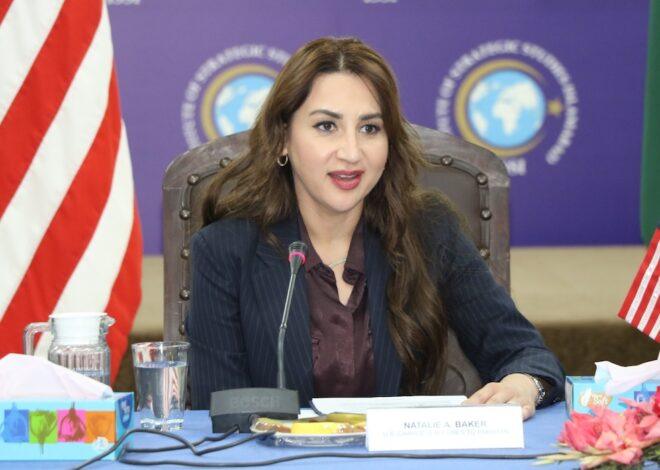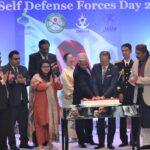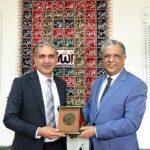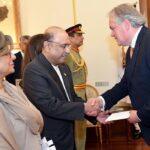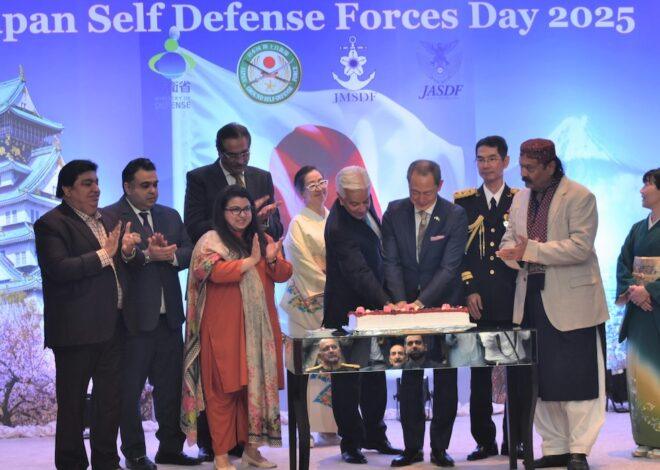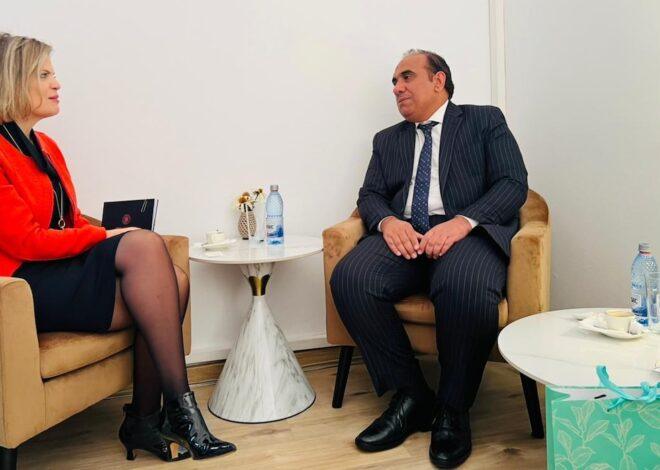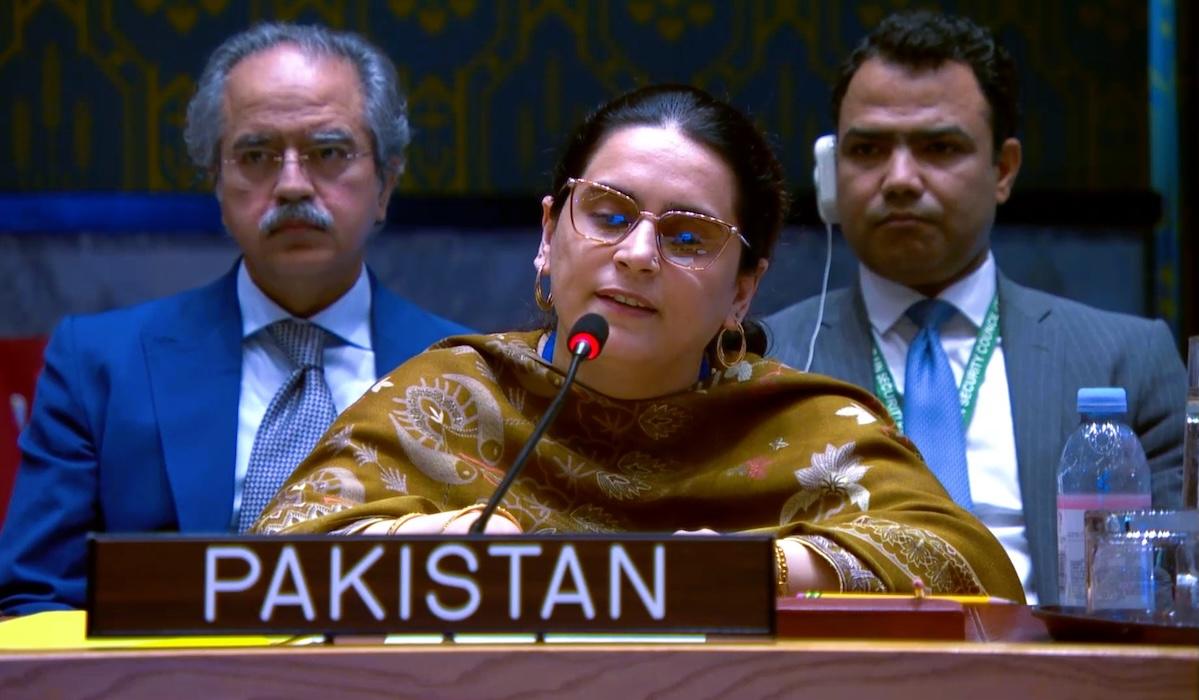
Pakistan Calls for Inclusion of Kashmiri Women in UN’s Women, Peace and Security Agenda
UNITED NATIONS, October 6, 2025 — Pakistan has called on the United Nations to recognize the plight of Kashmiri women under occupation, emphasizing that their exclusion from the Women, Peace and Security (WPS) agenda undermines its universality and legitimacy.
Speaking at the UN Security Council’s Open Debate on Women, Peace and Security, Counsellor Ms. Saima Saleem said that despite 25 years since the landmark Resolution 1325, global progress on women’s inclusion and protection in conflict zones has stalled, with women remaining the “first and major casualties of violence and the last to be heard in peace processes.”
Ms. Saleem cited alarming figures from the UN Secretary-General’s report, noting a 90% rise in conflict-related sexual violence and a fourfold increase in women and children killed between 2023 and 2024. She described these statistics as “shattered lives and silenced voices.”
Highlighting ongoing conflicts, she drew attention to the “grave tragedy” of Palestinian women in Gaza, where she said seven out of ten women killed in conflicts worldwide in 2024 were in Gaza. “These are not collateral tragedies but deliberate crimes that demand accountability,” she stated.
Turning to South Asia, Ms. Saleem expressed regret that the Secretary-General’s report failed once again to mention Kashmiri women, who, she said, have endured “sexual violence deployed as a weapon of war” under decades of occupation. She urged that future UN reports include the plight of women in Jammu and Kashmir, noting that the dispute remains on the Council’s agenda.
She also underscored Pakistan’s commitment to advancing the WPS agenda through women peacekeepers serving in missions across Africa and beyond, lauding their courage in “building trust, providing medical care, and supporting survivors where justice was denied.”
Ms. Saleem reaffirmed Pakistan’s dedication to the UN’s Gender Parity Strategy and called for binding thresholds for women’s representation in peace processes, as well as sustained funding for women-led organizations in conflict zones.
“Peace agreements with women’s participation are more durable,” she said. “Now is the time to act — to mandate women’s participation, guarantee their protection, promote their leadership, and strengthen accountability.”
Concluding her address, she emphasized that sustainable peace “demands women at the heart of decision-making — as mediators, peacekeepers, and leaders,” reaffirming Pakistan’s resolve to ensure that Resolution 1325’s promise is delivered to women and girls across the world.

